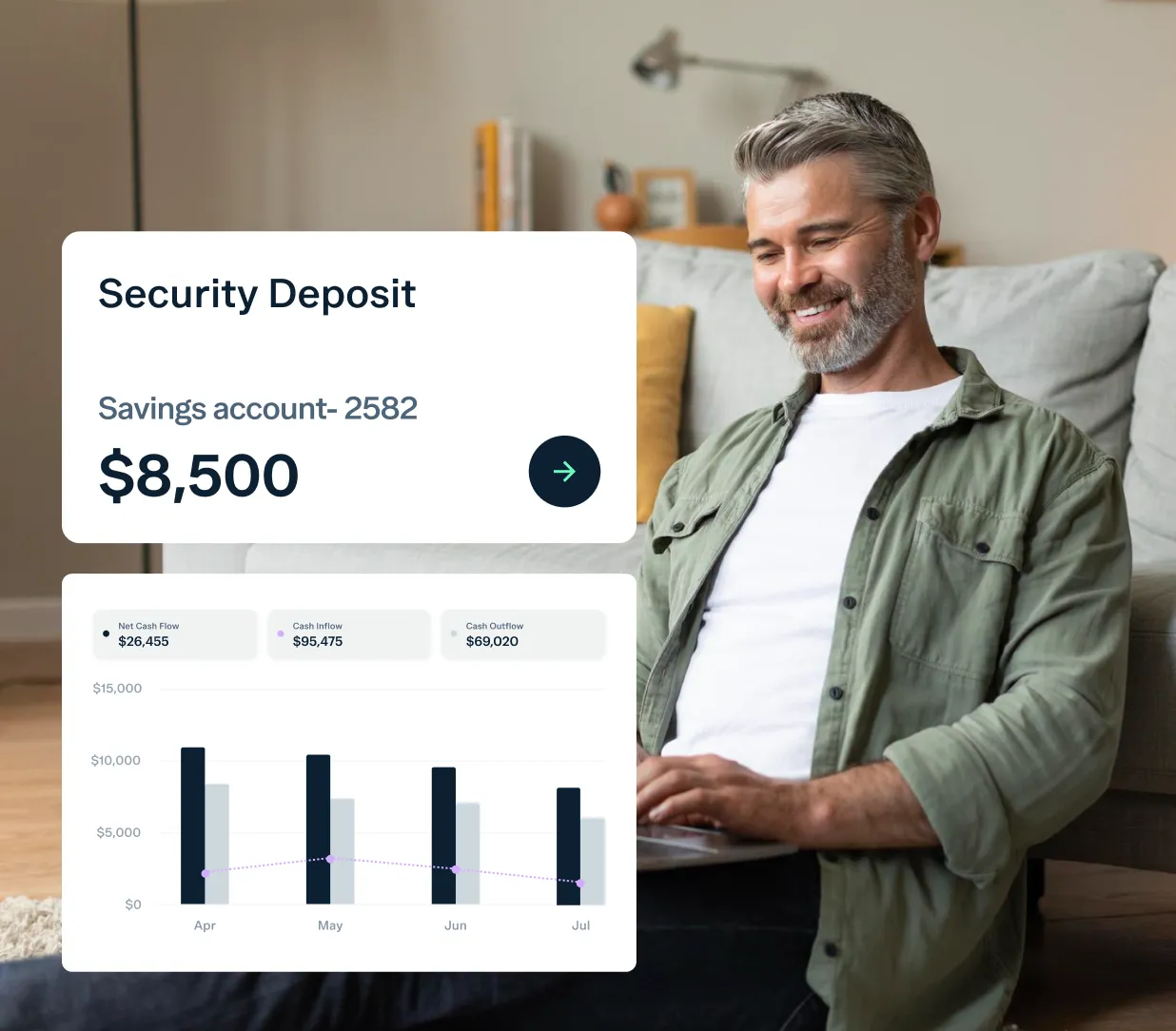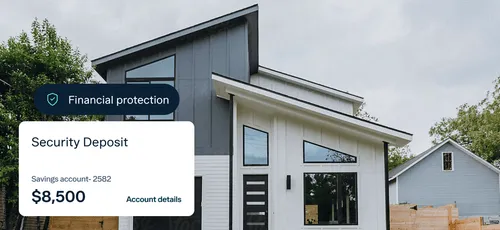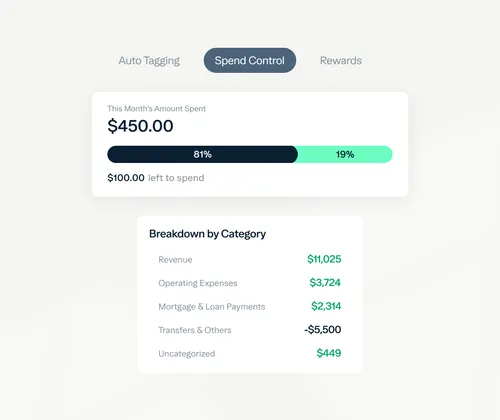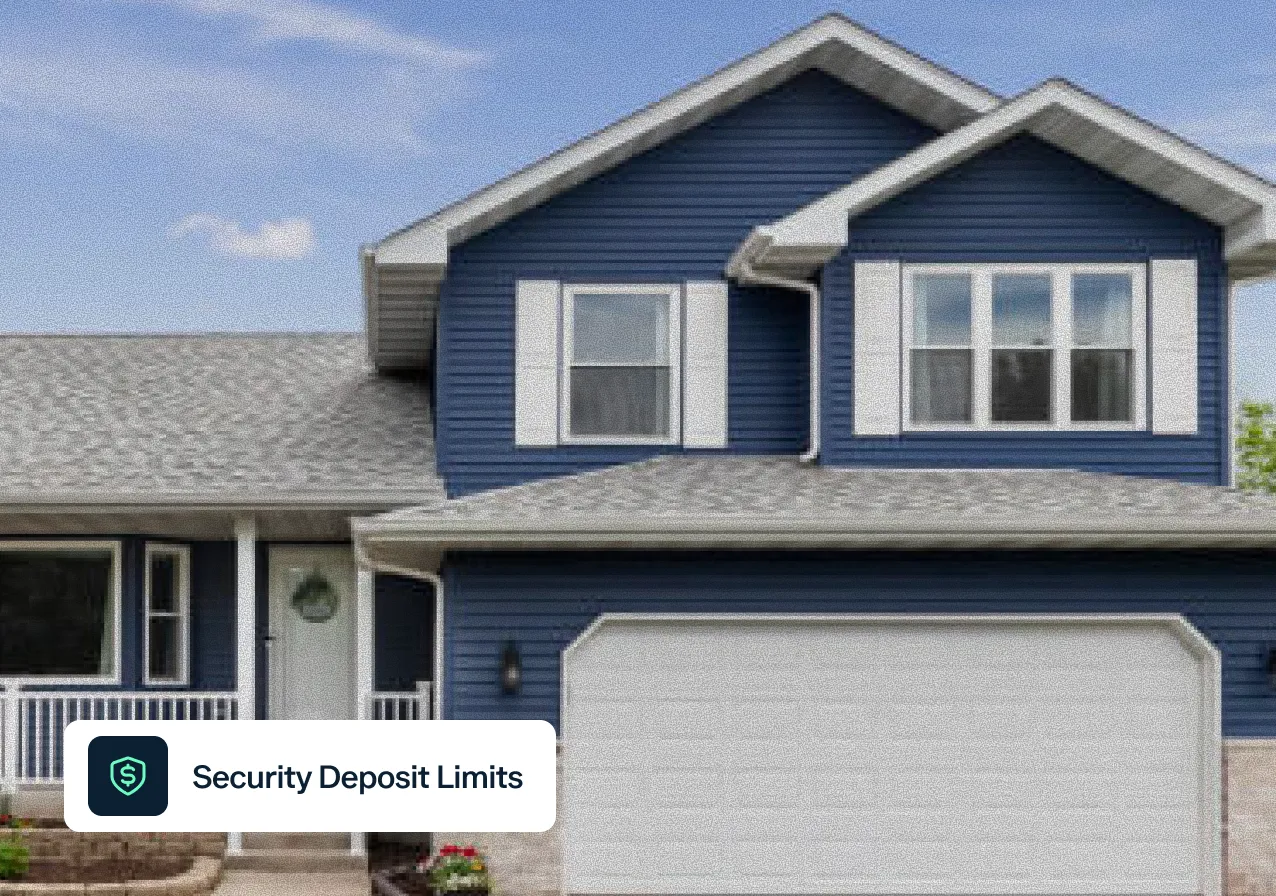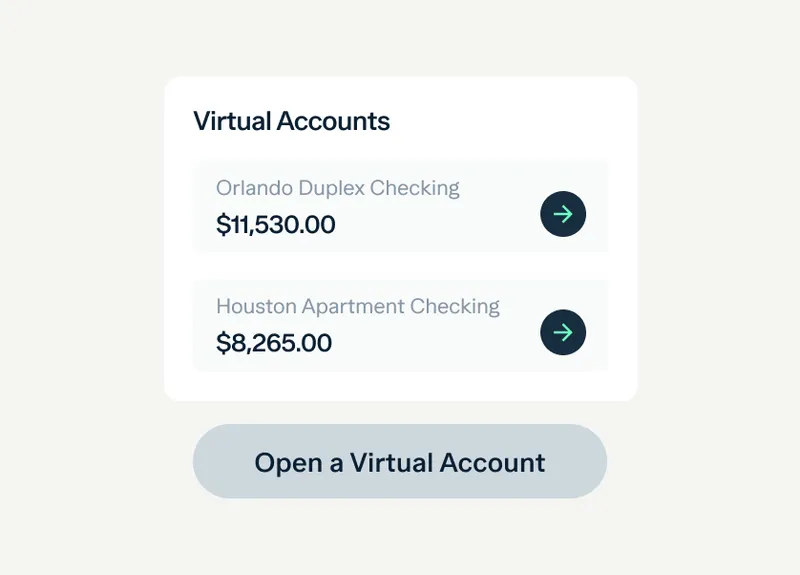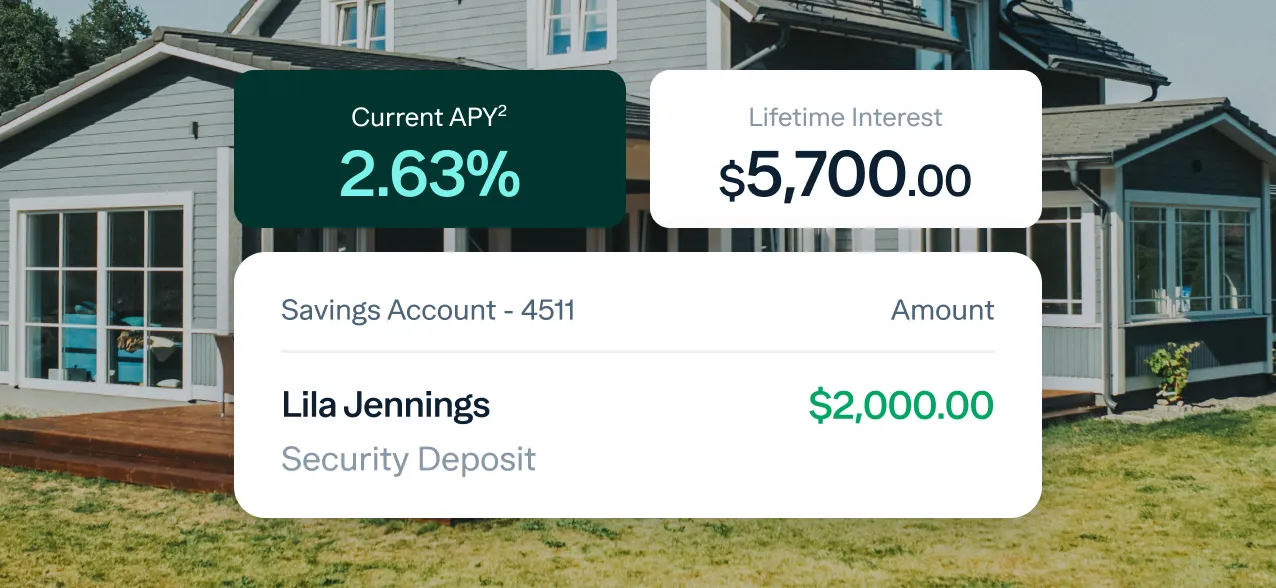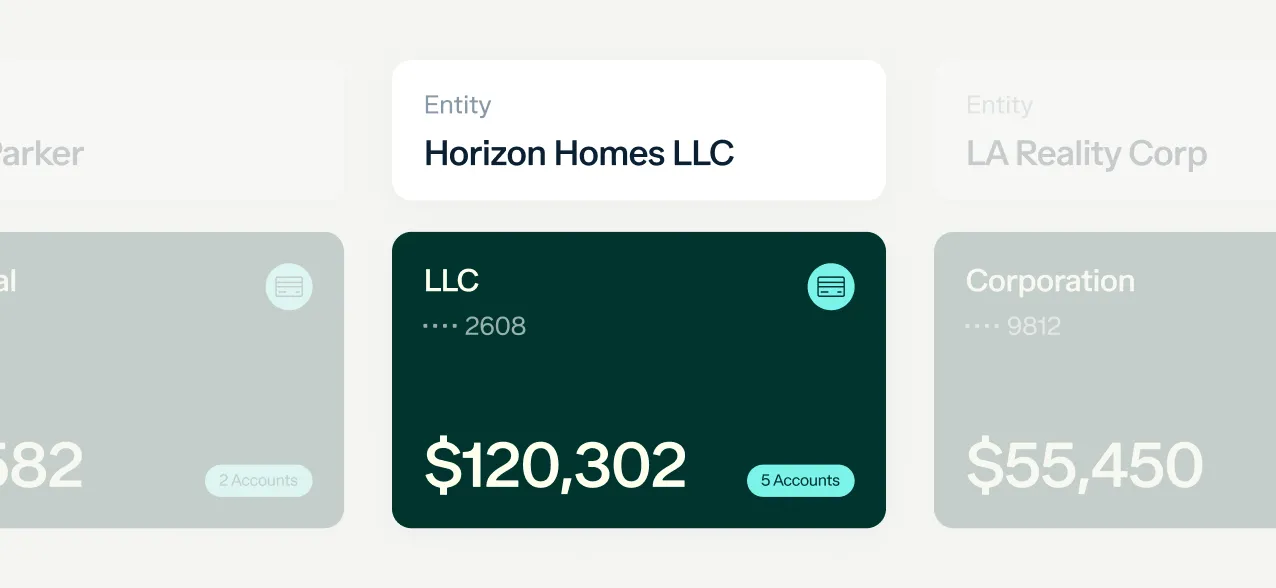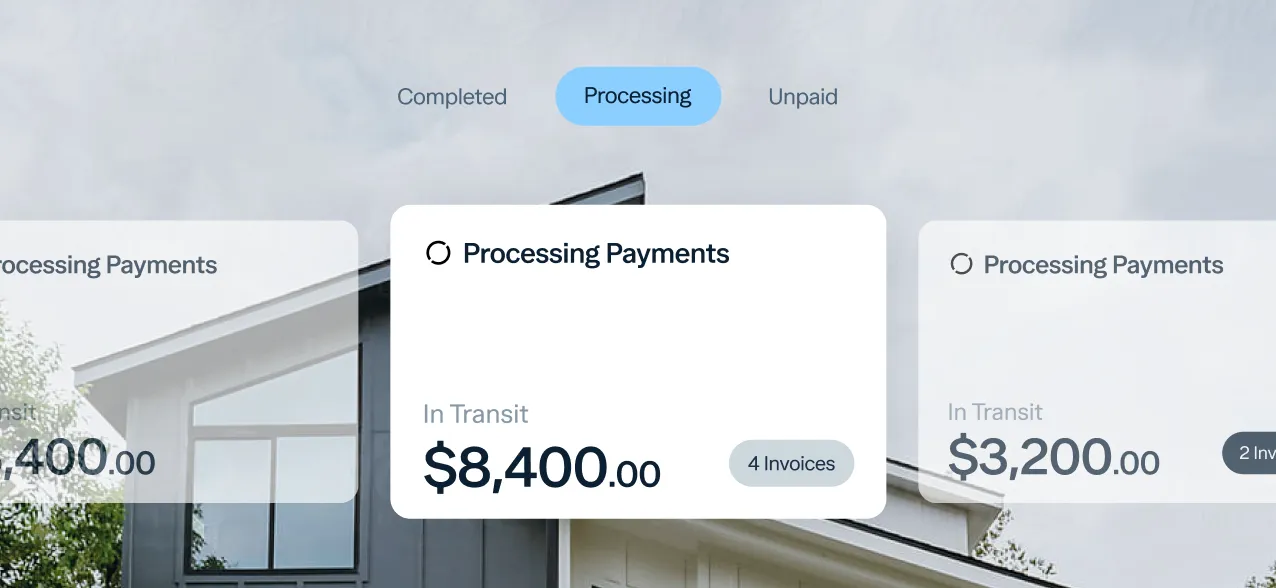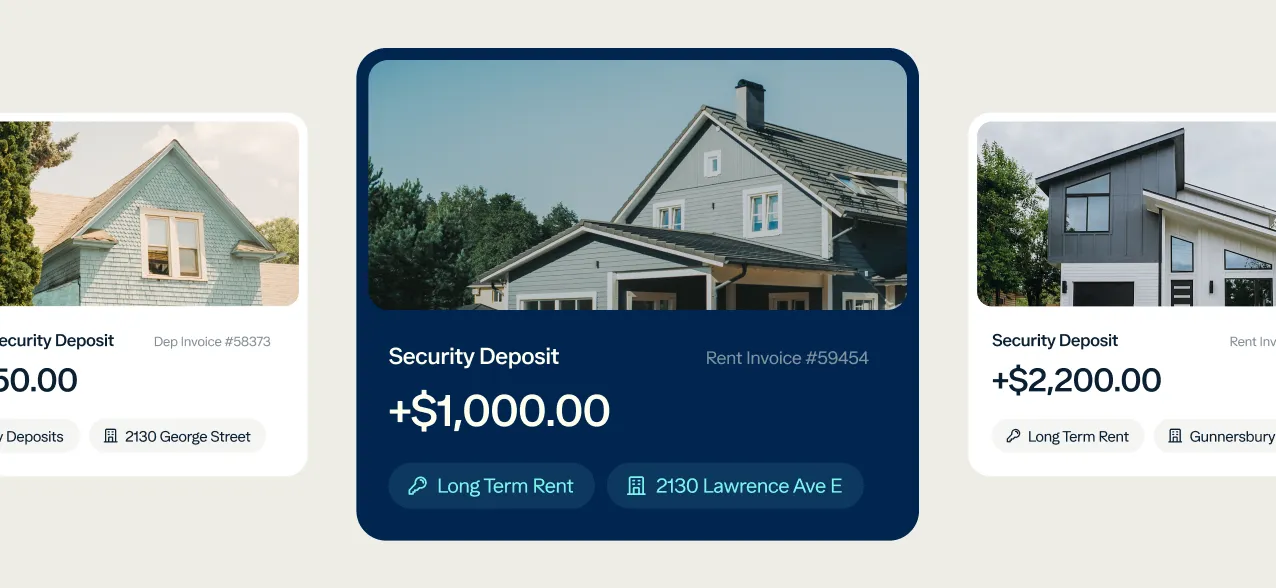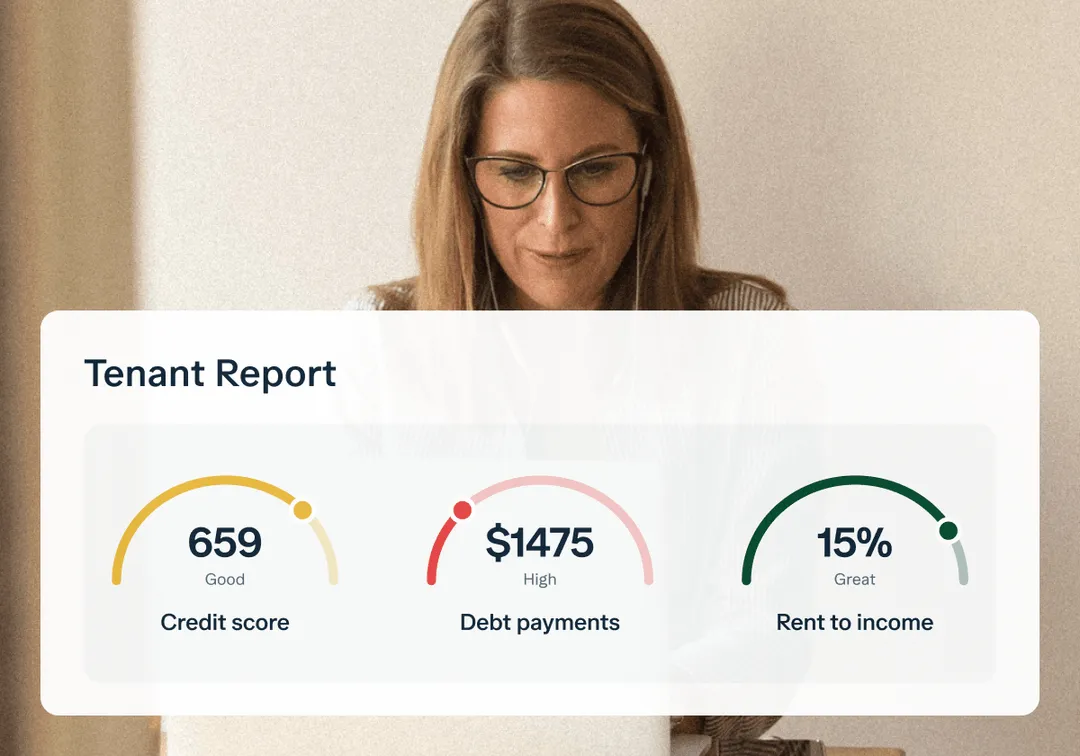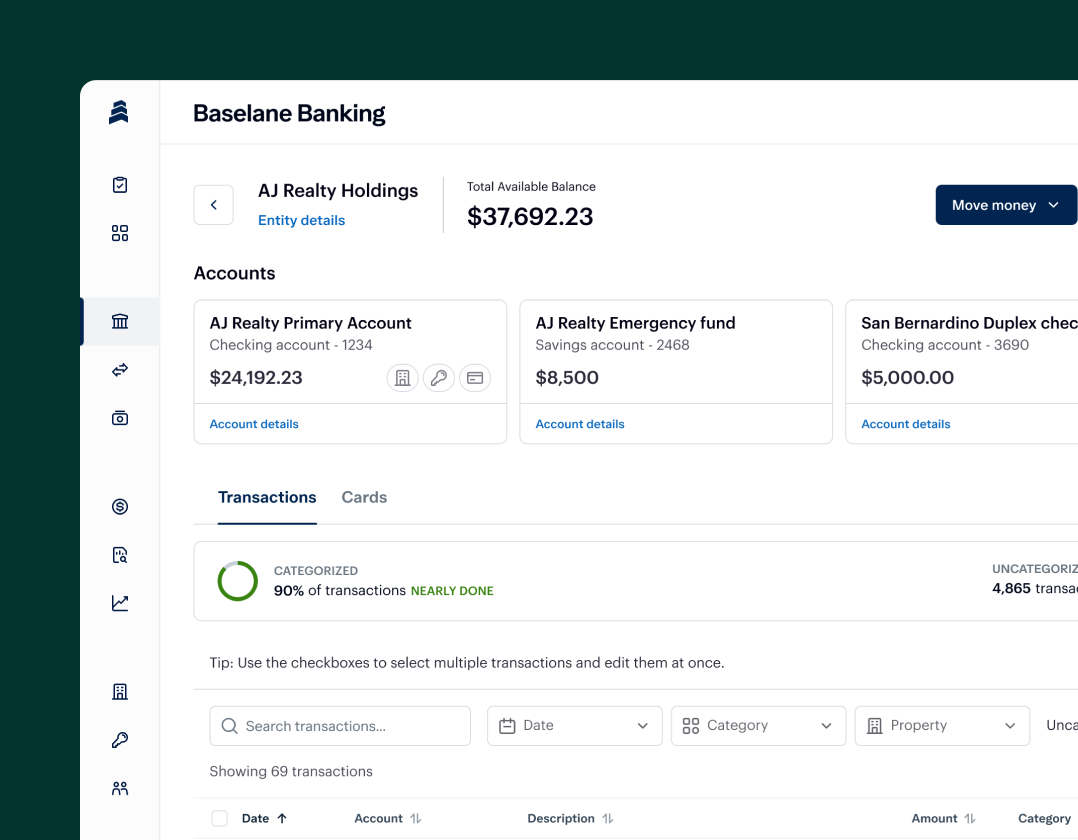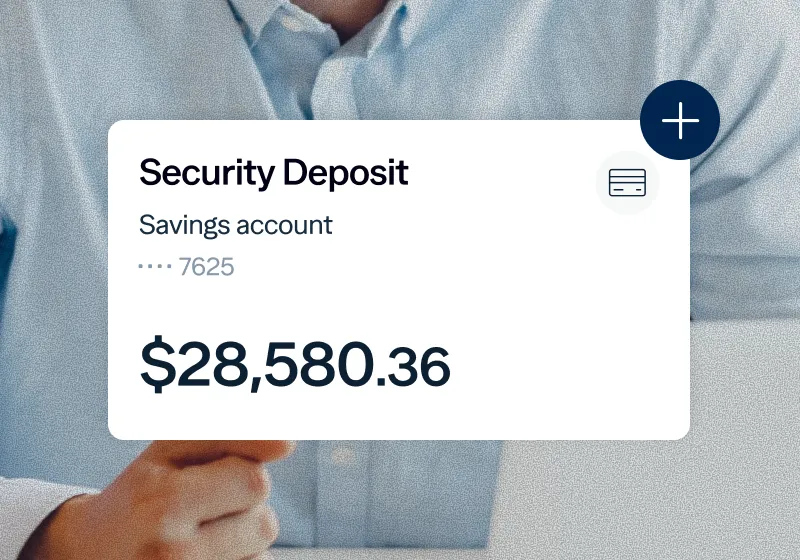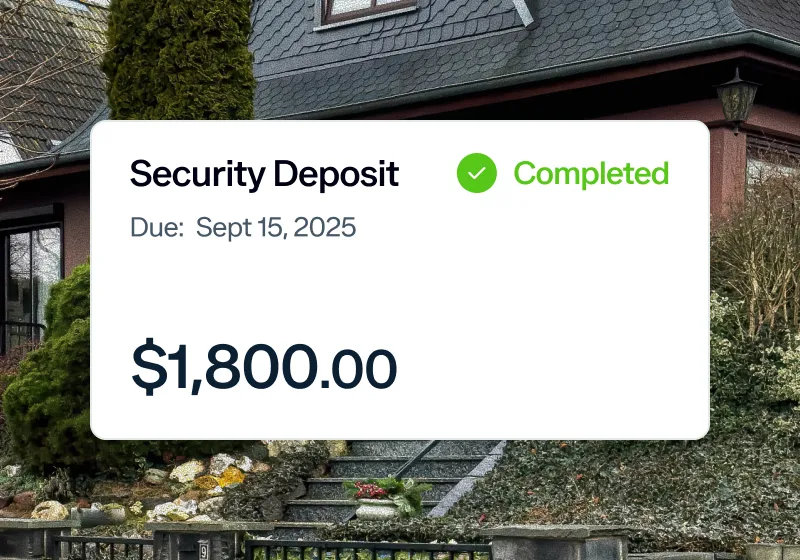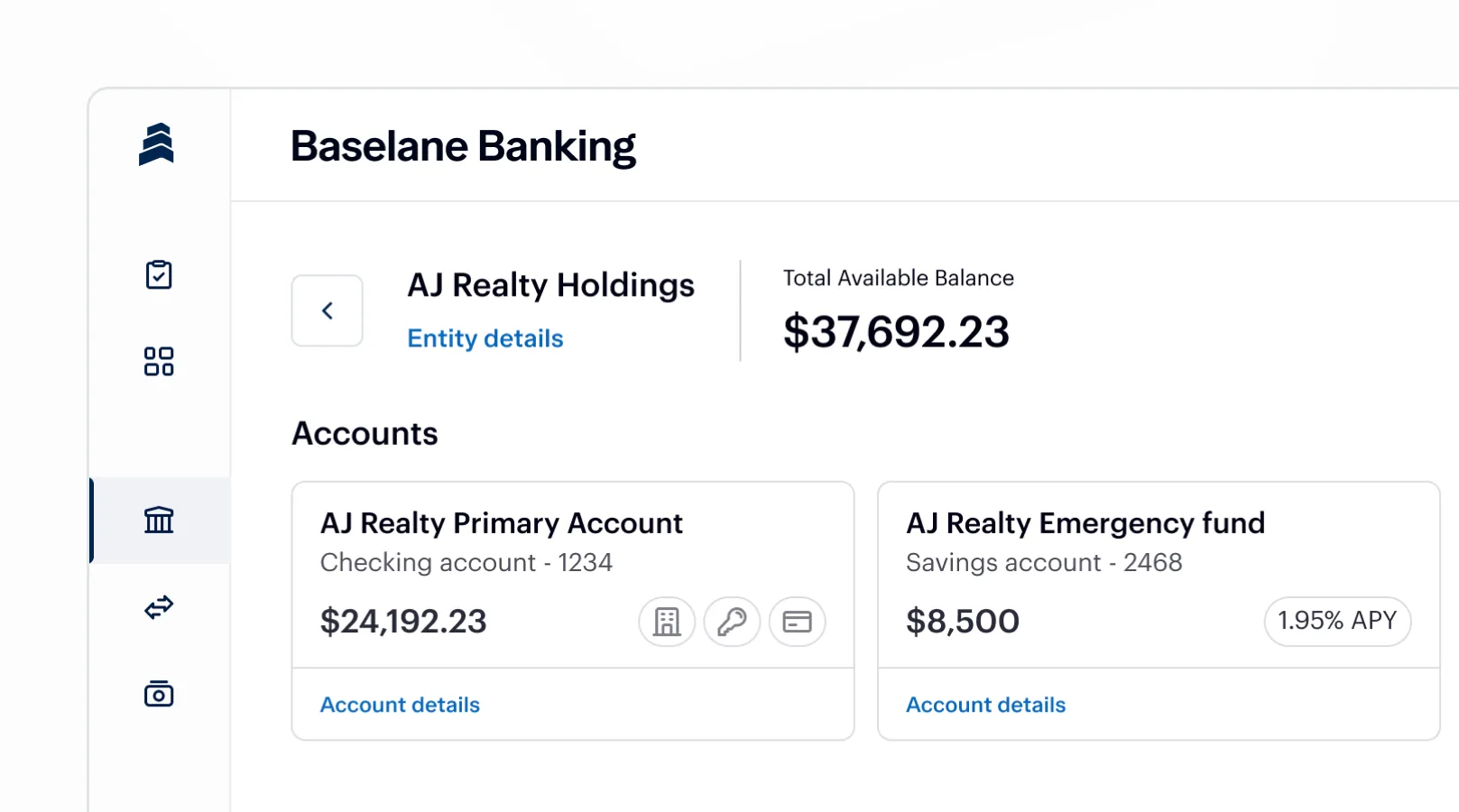In North Carolina, the maximum tenant security deposit depends on the lease term: up to two weeks’ rent for week-to-week leases, one and a half months’ rent for month-to-month leases, and two months’ rent for longer-term leases. The landlord must return the deposit within 30 days after move-out, along with an itemized list of any deductions.
Security deposit rules in {{ state }}
Limit: In North Carolina, the maximum tenant security deposit a landlord can charge depends on the length of the lease. For week-to-week tenancies, the limit is two weeks’ rent; for month-to-month leases, it is one and a half months’ rent; and for leases longer than month-to-month, the limit is two months’ rent. The total tenant deposit must be clearly stated in the lease agreement, and it is recommended that landlords maintain a dedicated security deposit bank account in North Carolina to ensure compliance and transparency.
Return Deadline: The landlord must return the tenant security deposit, along with an itemized list of deductions, within 30 days after the tenant vacates the property. If additional time is needed to assess damages or repairs, the landlord may send an interim notice and must return any remaining balance no later than 60 days after move-out. Failure to comply may make the landlord liable for damages and legal fees.
Acceptable Deductions: The tenant security deposit may be applied to unpaid rent, late fees, damages beyond normal wear and tear, unpaid utilities, cleaning costs, or expenses related to early termination of the lease. The landlord must provide a written, itemized statement with documentation—such as receipts or repair estimates—for all deductions made from the tenant deposit.
Where to Deposit: North Carolina law requires landlords to hold all tenant deposits in a trust account at a licensed and federally insured bank or savings institution located within the state. Alternatively, landlords may post a bond as security in lieu of holding the funds in a trust account. Within 30 days of the lease start date, the landlord must provide written notice to the tenant specifying the name and address of the financial institution where the funds are held. While there is no mandated security deposit interest rate, using a security deposit escrow account in North Carolina or a landlord tenant security deposit bank account in North Carolina ensures proper handling of tenant funds and compliance with state law.
